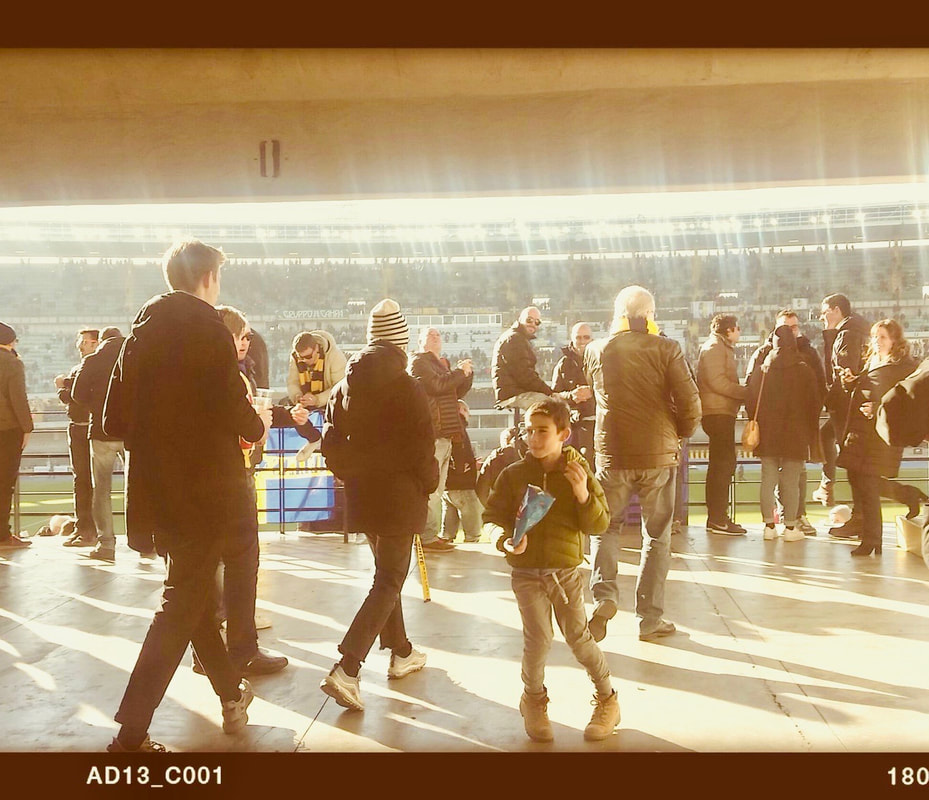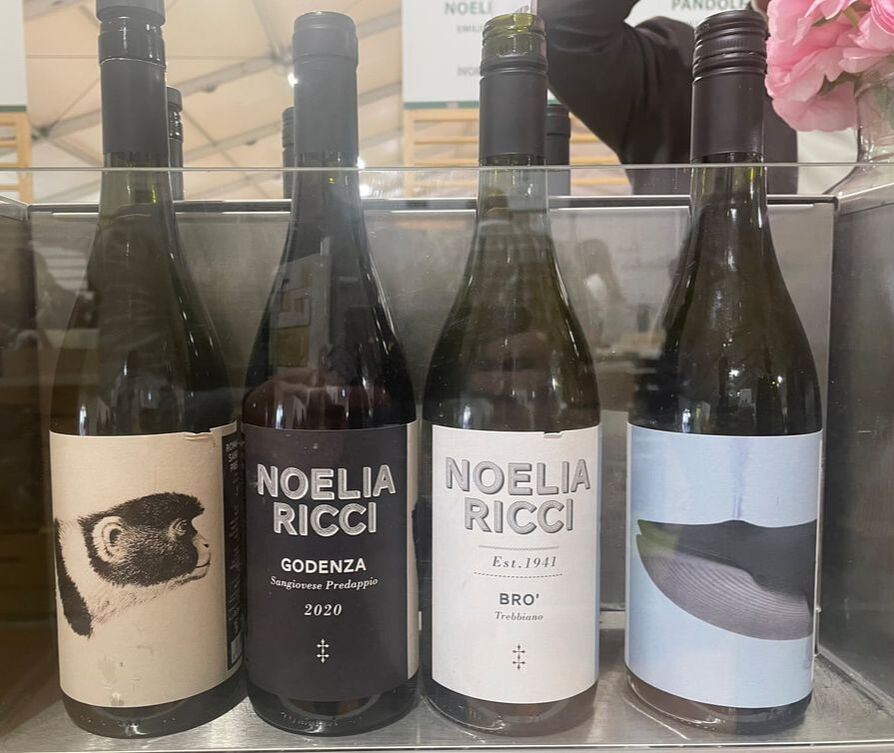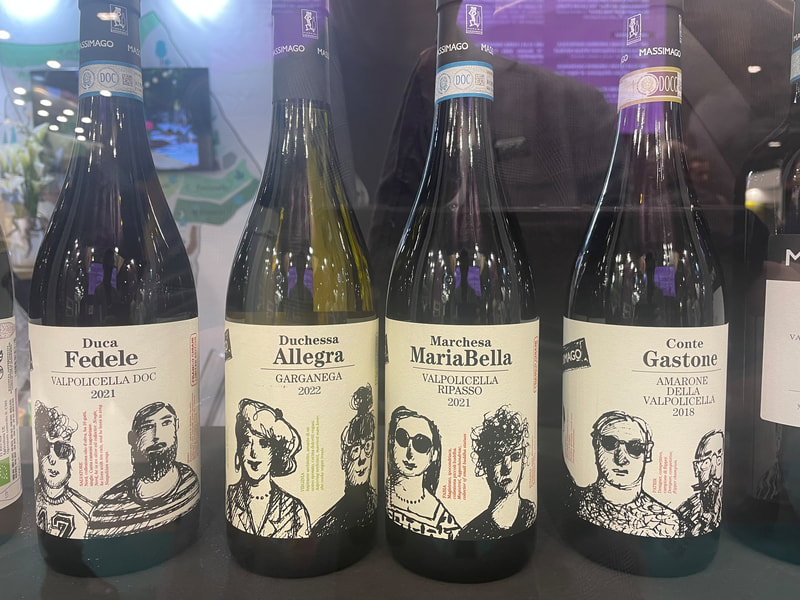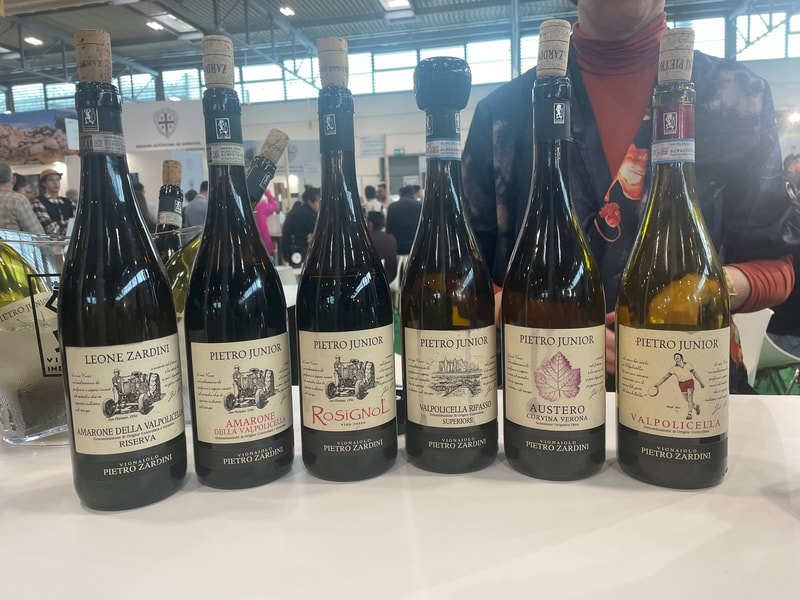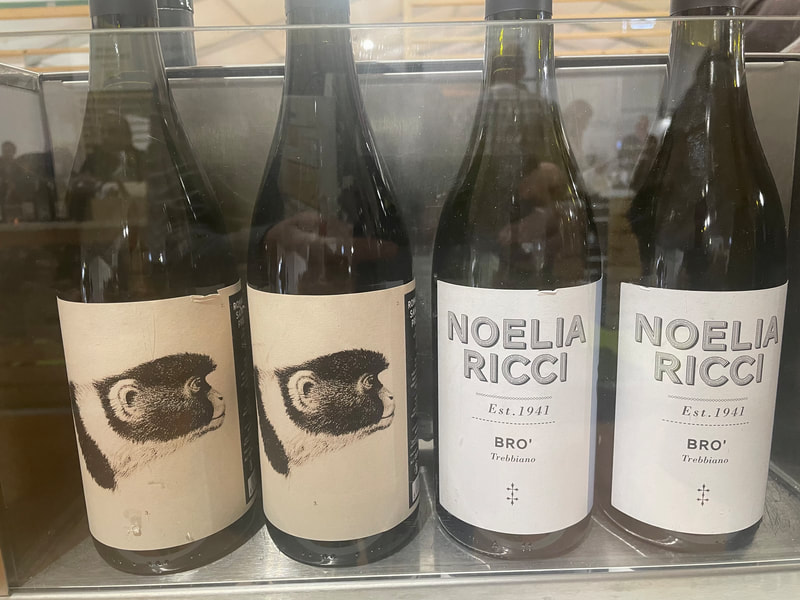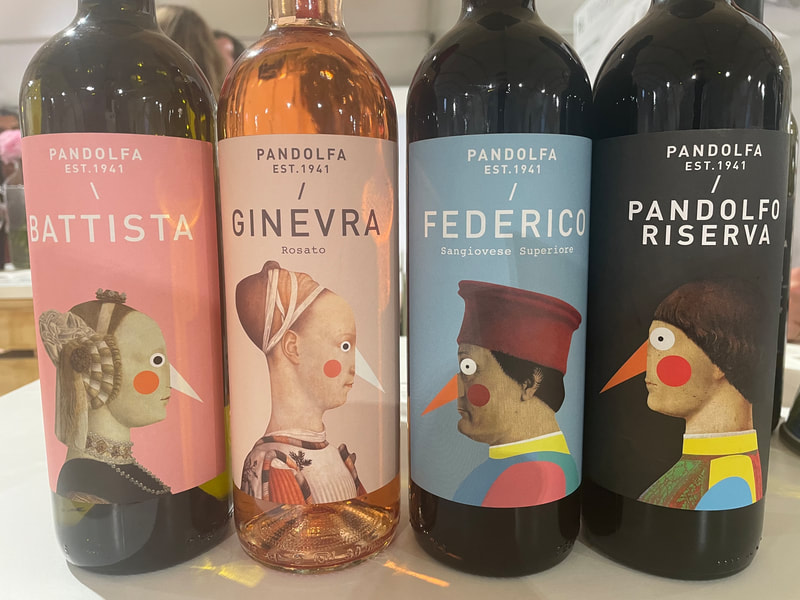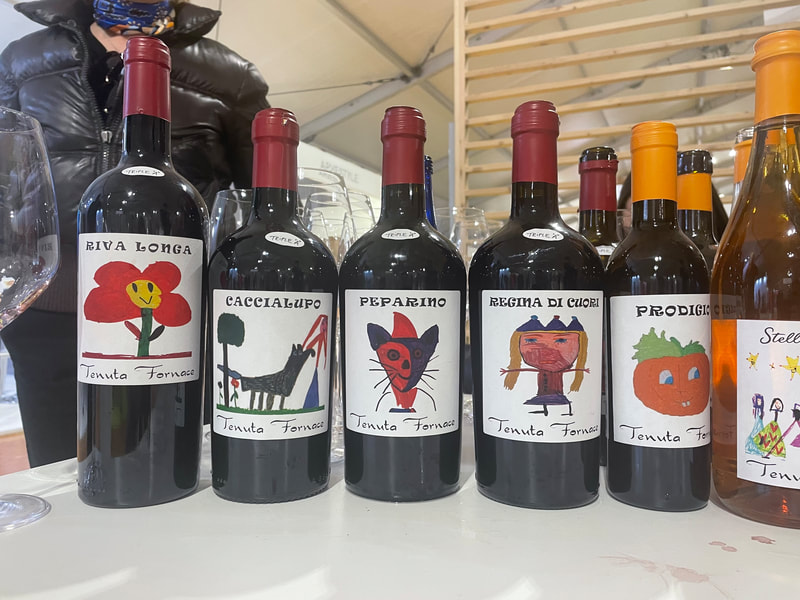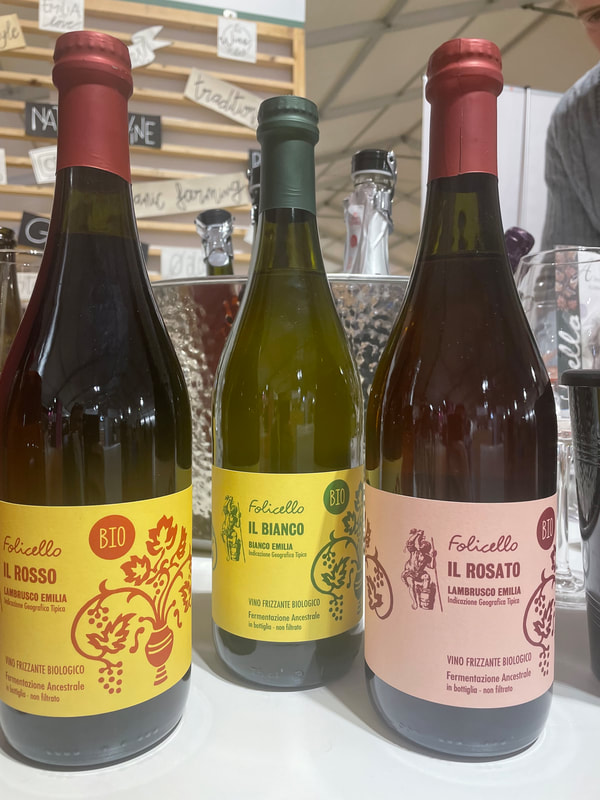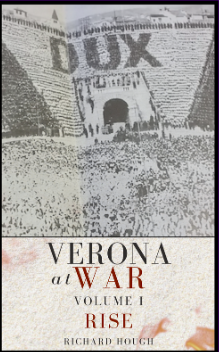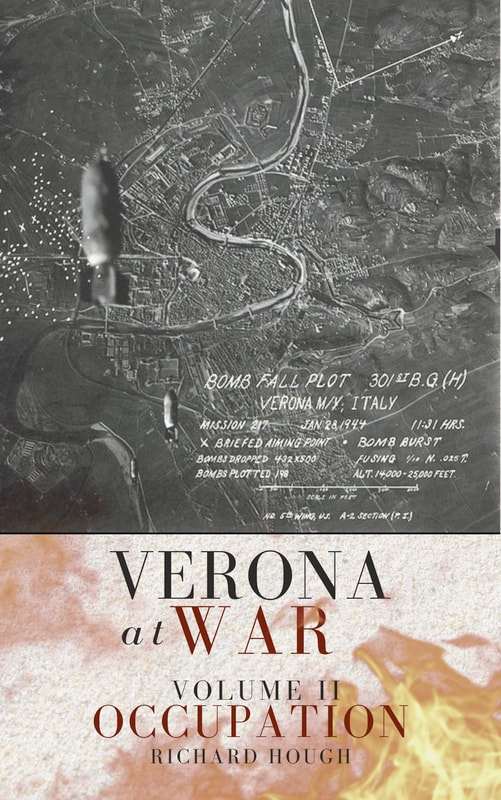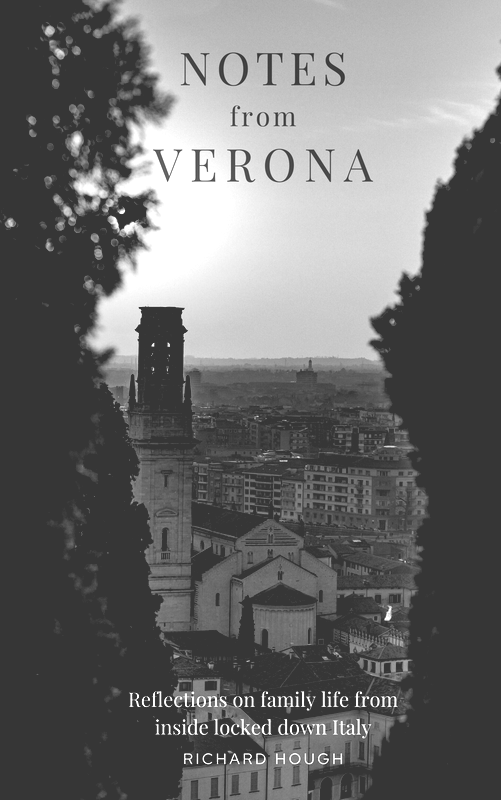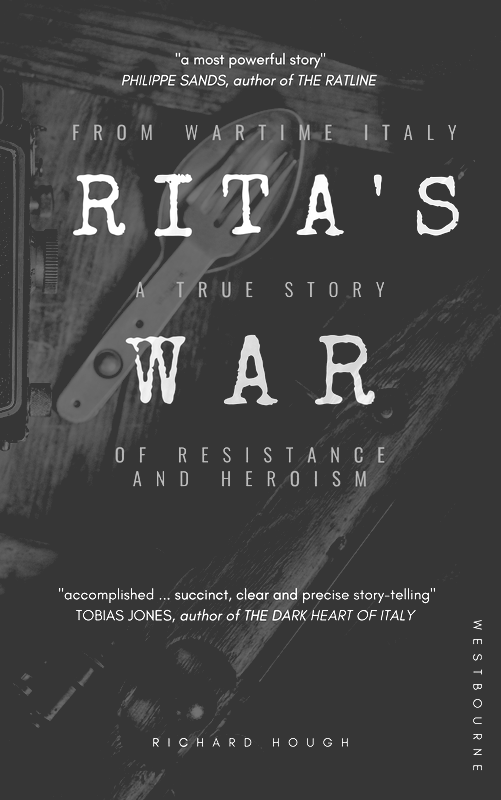|
From Verona in Italy, Richard Hough launches “Notes from Verona”, a new Italian football column that charts the highs and lows of following his local team. To kick-start the new column Richard considers the big changes in the Italian game he’s witnessed since 2011. Click here to read "Notes from Verona", the new Gentleman Ultra football column.
In search of Lambrusco at Vinitaly 2023, the world's biggest wine fair.
The sheer scale and scope of Vinitaly can be daunting, particularly if, like me, your time is limited to a few fleeting forays in between the day job. Vinitaly is the world’s largest wine trade fair, with 17 giant pavilions spread over 100,000 square meters of concrete, in which over 4,400 exhibitors gather from every corner of Italy and beyond to promote their wine to a thirsty audience of international and domestic buyers and enthusiasts. As ever some beautiful labels at Vinitaly in Verona this year, the biggest wine fair in the world. Full stories behinds some of these amazing labels to follow.
|
AboutRichard Hough writes about history, football, wine, whisky, culture + travel and is currently working on a trilogy about wartime Verona.
|
